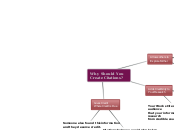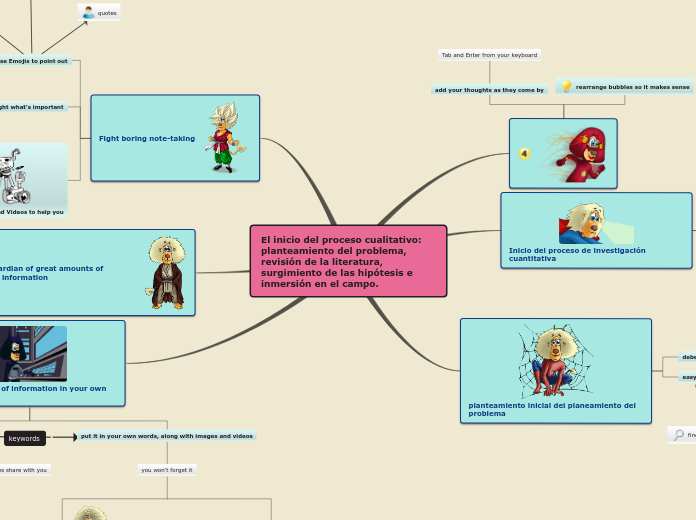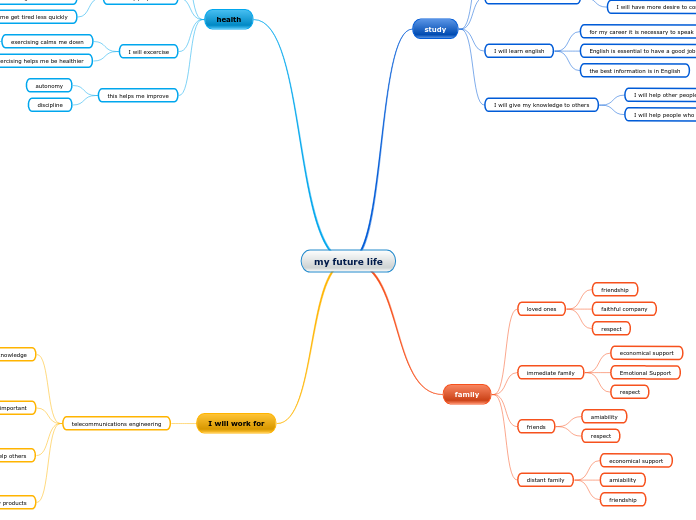jonka han zhang 8 vuotta sitten
390
Personality Factors, Money Attitudes, Financial Knowledge, and Credit-Card Debt in College Students
The study investigates the relationship between personality traits, money attitudes, financial knowledge, and credit card debt among college students. It highlights that general demographic variables, except for age, do not significantly predict debt levels.









